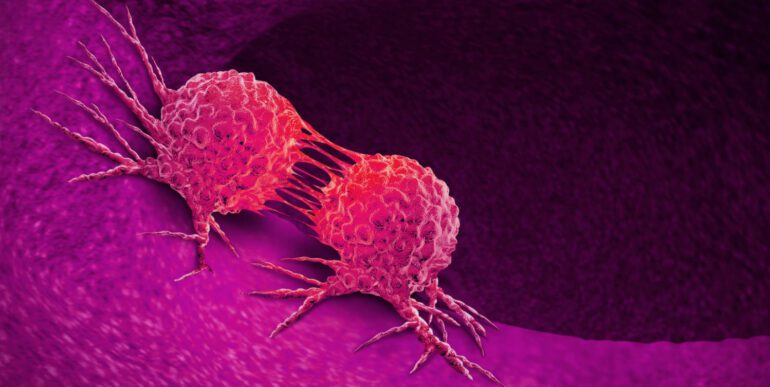TL;DR:
- FDA grants clearance to DermaSensor for AI-powered skin cancer detection device.
- The technology detects common skin cancers, including melanoma, non-invasively.
- DermaSensor’s spectroscopy technology offers immediate, FDA-cleared results.
- FDA pivotal study demonstrates a 96% sensitivity rate; negative results indicate 97% benign probability.
- Clinical utility study reduces missed skin cancer cases by half, boosting physician confidence.
Main AI News:
In a groundbreaking development, the US Food and Drug Administration (FDA) has officially granted clearance to DermaSensor for its cutting-edge AI-powered skin cancer detection device. This technological marvel has been meticulously designed to provide primary care physicians with a real-time, non-invasive tool for the detection of all prevalent forms of skin cancer, including melanoma, basal cell carcinoma, and squamous cell carcinoma.
The visionary co-founder and chairman of DermaSensor, Dr. Maurice Ferre, expressed his elation at this momentous achievement, remarking, “Achieving this medical milestone is a testament to the 12 years and tens of millions of dollars our company has invested in research and development to bring this powerful technology to market. Having commenced patient enrollment in our FDA pivotal study in mid-2020, we are now ecstatic to have clearance of our FDA-breakthrough designated De Novo submission.“
At the heart of DermaSensor’s revolutionary offering is its AI-powered spectroscopy technology, enabling physicians to assess cellular and subcellular characteristics of a skin lesion in a completely non-invasive manner. Subsequently, this wireless handheld device delivers an immediate, objective result, powered by an algorithm that has received FDA clearance.
The FDA pivotal study, a monumental effort that involved more than 1,000 patients and was spearheaded by the Mayo Clinic across 22 study centers, showcased an impressive 96% sensitivity rate for the device, accurately identifying all 224 skin cancers examined. Furthermore, a negative result from the device indicated a staggering 97% probability that the lesion in question was benign.
In a closely related clinical utility study involving 108 physicians, the utilization of the DermaSensor device proved to be a game-changer, halving the number of missed skin cancers and reducing the rate from 18% to 9%. This not only elevated the precision of cancer assessments but also bolstered the confidence of physicians, as noted by the company.
DermaSensor’s forward-thinking co-founder and CEO, Cody Simmons, emphasized the transformative impact of artificial intelligence in healthcare, stating, “We are entering the golden age of predictive and generative artificial intelligence in healthcare, and these capabilities are being paired with novel types of technology, like spectroscopy and genetic sequencing, to optimize disease detection and care. Equipping primary care physicians, the most abundant clinicians in the country, to better evaluate the most common cancer in the country has been a major, long-standing unmet need in medicine. While dozens of companies have attempted to address this problem in recent decades, we are honored to be the first device cleared by the FDA that provides primary care physicians with an automated tool for the evaluation of suspicious lesions.”
Conclusion:
DermaSensor’s FDA clearance represents a major milestone in healthcare, offering primary care physicians an advanced AI tool for precise and timely skin cancer detection. This breakthrough is a testament to the growing synergy between AI and healthcare technology, which promises to revolutionize disease detection and care, enhancing market opportunities for innovative solutions in the medical diagnostics sector.

